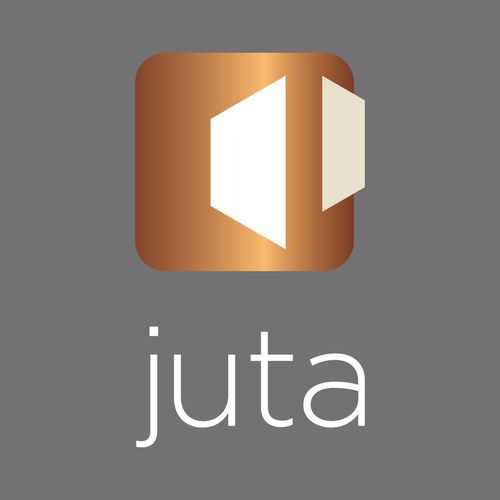- Home
- Products & Services
- About
- Blog
- Faq
- Contact Us
Juta believes in our motto, Inspiring Possibilities Together, which is why we will share a free title for download one Friday a month. For this Free Title Friday, we are – perhaps ironically! – sharing ‘A Gift of Multiplication: Essays on the Copyright Amendment Bill’ by Owen Dean, with contributions from Sadulla Karjiker.
Intellectual property law deals with laws to protect and enforce the rights of the creators of writing, designs, inventions, art, insights, and other works which are collectively known as “intellectual property.” Several areas reside within the realm of protecting intellectual property including copyright, trademarks, and patents.
These copyrights allow the creators to benefit financially from their creations, which in turn incentivises these industry experts and thought leaders to create more, allowing, even more, to benefit from their insights and experience. This motivation generates a solid knowledge pool for many to draw from. It also affords creators the power to exercise control over the commercial exploitation of their work, whereby they can effectively monetise their intellectual property to earn an income while allowing them to further their expertise in their field and contribute more towards it. One way of achieving this is through royalties, which are paid to authors, artists, and scientists (to name a few) when their works are employed by the public.
DID YOU KNOW…?
Copyright is a system that enables ‘authors’ to control the commercial exploitation of their works and derive remuneration from their use.
The French term for copyright is ‘droite d’auteur’, literally meaning ‘right of the author’.
The term ‘authors’ rights’ is indeed a synonym for ‘copyright’.
The author is the cornerstone of copyright, and all rights conferred by it stem from, and vest initially in, the author.
On the flip side of this discussion – especially pertinent in a developing country – many feel this limits access to educational materials, as creators can restrict the accessibility of their intellectual property, especially through monetisation. The big question, in light of discussions such as #FeesMustFall and student debt forgiveness in the United States, is where is the fine line between protecting the creator and providing for the student? Is it not contrary to the longevity, profundity, and excellence of educational programmes to have unlimited access to the best intellectual property available?
It is thus necessary to weigh up the private rights of the creators against the public interest, and copyright laws have always strived to identify this happy medium: to ensure that creators are effectively rewarded and incentivised, while furthering the public interest, especially in the spheres of education and health, both constitutional rights within our democracy, pressuring legislators to identify the balance urgency. We cannot be seen to be placing a price tag on access… but without fair rights and remuneration, what will keep the bright lights of creators burning?
These discussions are balanced up and considered in this free title, especially in light of the Bill being officially passed by the National Assembly on 1 September 2022. Passage of the Bill has obviously been contentious and polarising from all sides, with almost equal parts support and scorn. On one hand, it has been hailed as a potential model for other developing countries; on the other, on 23 September the Constitutional Court unanimously confirmed a Gauteng High Court order declaring the Copyright Act unconstitutional to the extent that it fails to make provisions that uphold the rights of persons with disabilities.
The truth of the matter is that copyright limitations and exceptions are lawful balancing mechanisms permitted in copyright laws around the world. Hopefully, through sharing this title, we can all come to the ultimate conclusion: When is ‘fair use’ fair?
Owen Dean is an Emeritus Professor at the University of Stellenbosch and a specialist copyright attorney.

Kagiso Tiso & Kagiso Media Fraud Hotline: 0800 21 25 83
